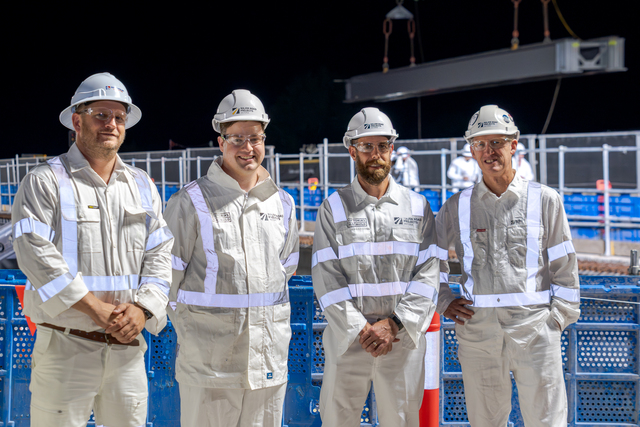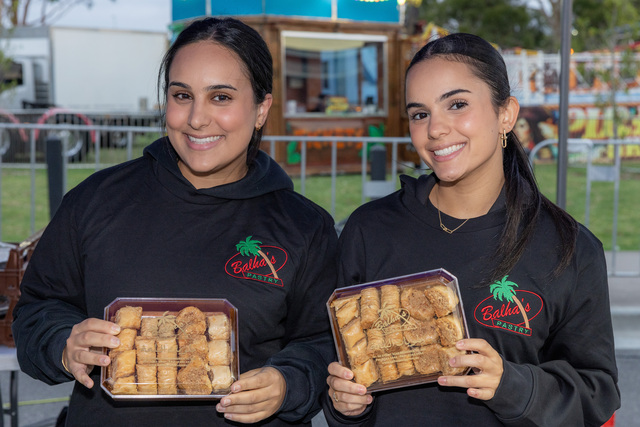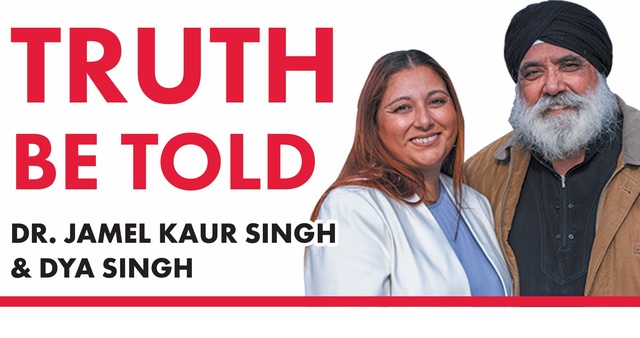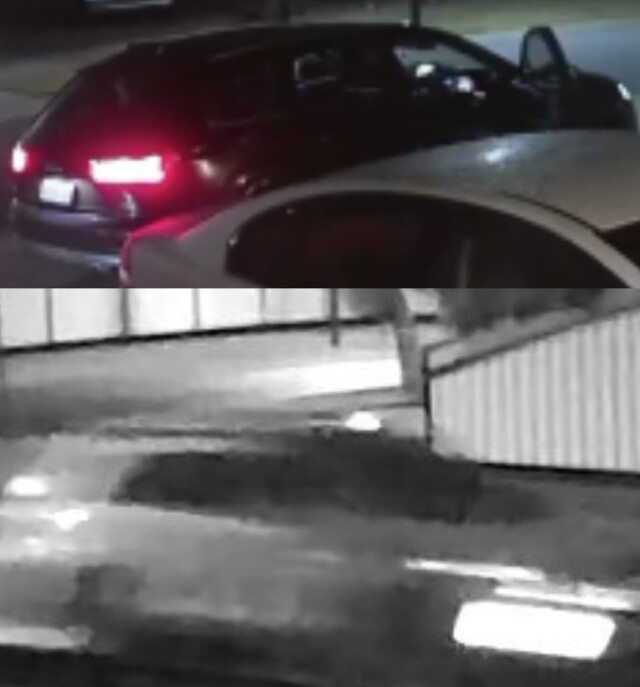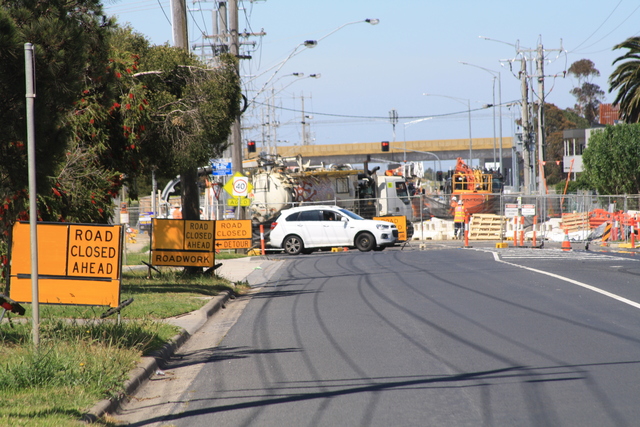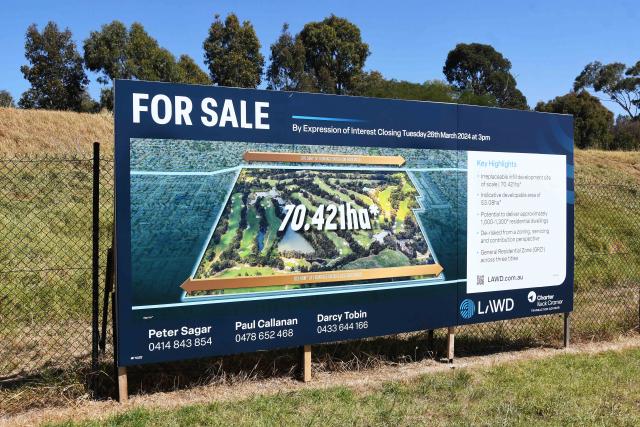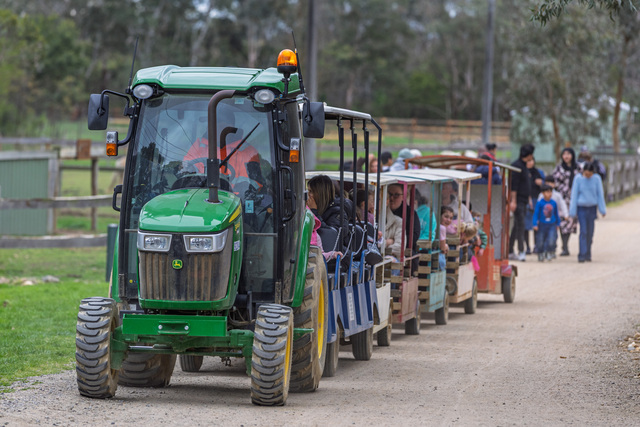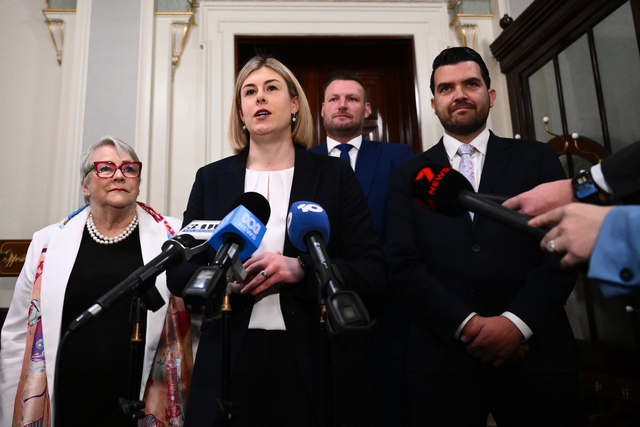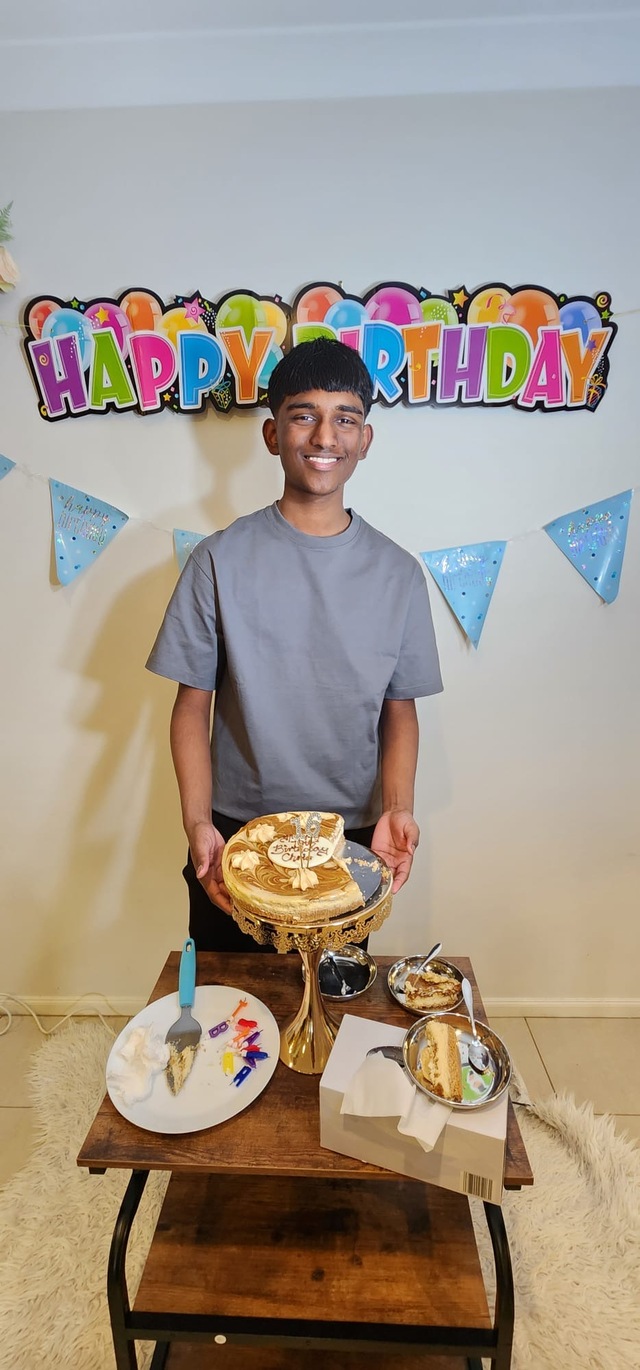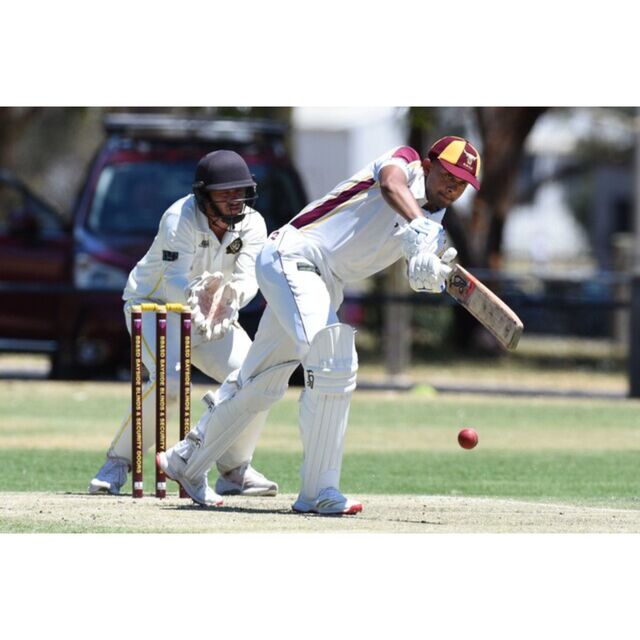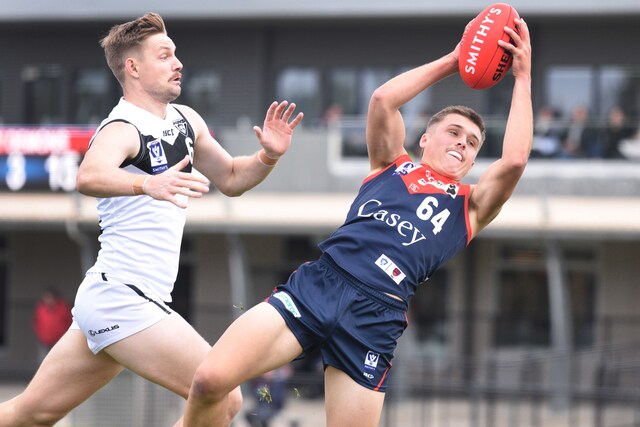By Alison Noonan
TALK is limited in the Trinder household, but the family has plenty to say.
Mum Tamara, dad Carl, two-year-old daughter Kayla and even their pet dog are all hearing impaired.
The young Lynbrook family exists in a world without sound, but while words may be worthless, their love for each other speaks volumes.
The Trinders communicate using Auslan, the only recognised sign language in Australia, and by lip reading.
All have been profoundly deaf since birth and will pass their genes to any future children.
Tamara, who was the only deaf child in a hearing family, said it was tough growing up in a hearing world but had gradually learned to embrace her unique condition.
“It was a battle. I was a bit left out growing up,” she said.
“I went to a deaf kinder but a normal primary and secondary school. I had an integration aid at high school but I didn’t grow up with Auslan. I didn’t know sign language until I was 13.
“I had to take elocution and speech therapy. At the time, I thought ‘why me?’ but now I’m glad I did it,” she said.
Tamara said she was lucky to have a supportive family who treated her as “normal”.
“I am fortunate my parents persevered and didn’t treat me any differently. They tried their best.
“I want to bring my children up like that. I don’t want them to feel as though they are any different to any one else,” she said.
Tamara said Kayla attended a mainstream childcare centre but was often left out of regular activities because of a lack of Auslan-trained teachers.
“She gets left out and just has to watch and follow what the other kids are doing.
“She desperately needs an integration aid because the staff at the child care centre don’t know sign language at all.
“It’s too expensive for me to pay for an interpreter for her and there is not enough government funding for hearing-impaired children.
“So many people are disadvantaged because of a lack of support, resources and education,” she said.
Tamara said a child’s younger years were the most important for learning retention and claimed it was too late to provide an interpreter in secondary school.
“I would prefer to put Kayla into mainstream schooling to give her the best of both worlds.
“To give her an interpreter as a teenager and throw her into high school is too late. The damage is already done.
“It is crucial for her to know what is going on around her now at this age. Then education wouldn’t be such a problem later on,” she said.
Tamara said life in the Trinder household was that of any normal family, albeit a few minor differences.
“It’s a little different, but we don’t really think of it like that. I’ve grown up with it so I don’t know anything different.
“The house is an open living plan so we can see each other at all times and we have a vibrating alarm in the bedroom for when Kayla cries in her sleep.
“I barely ever talk on the phone — I use email, video talk or SMS.
“My family has a joke that I am always the last one to find out!” she said.
“I now accept my impairment and I understand. I’m not as anxious or upset as I used to be.
“Kayla’s lucky because she has an advantage growing up in a deaf household. She can start from the beginning.”
For more information on Auslan and Baby Sign courses, contact VicDeaf on 9473 1111.
Smiles sign of good times
Digital Editions
-
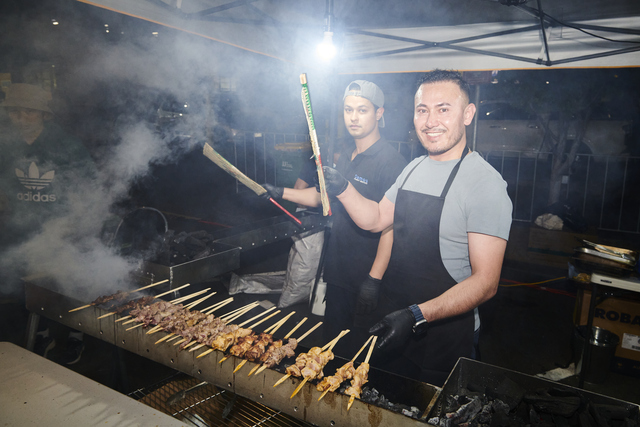
PM celebrates at Ramadan Night Market opening
Prime Minister Anthony Albanese has helped launch Dandenong’s Ramadan Night Market for its second year, marking the beginning of the holy month of Ramadan. He…

